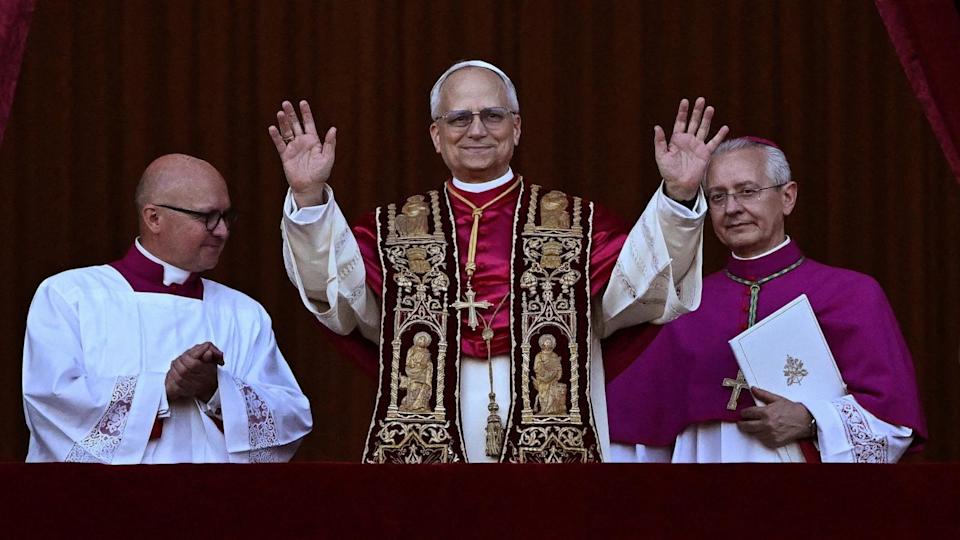A New Era for the Catholic Church
History was made on May 8, 2025, as the world watched white smoke billow from the chimney of the Sistine Chapel, signaling the election of a new pope. The bells of St. Peter’s Basilica rang out, announcing that Cardinal Robert Francis Prevost of the United States had been chosen as the 267th pontiff of the Roman Catholic Church. Taking the name Pope Leo XIV, Prevost’s election marks a watershed moment: he is the first American to ascend to the papacy in the Church’s more than 2,000-year history.
A Conclave of Consensus Amid Uncertainty
The conclave that selected Pope Leo XIV was closely watched, coming just weeks after the death of Pope Francis on April 21. The Church faced deep divisions, with cardinals debating whether to continue the progressive path charted by Francis or to pivot in a more conservative direction. In a surprise to many observers, consensus was reached after just four rounds of voting-fewer than anticipated-concluding the conclave in just 24 hours.
Prevost secured at least 89 votes from the 133 cardinal-electors, surpassing the two-thirds majority required. His broad appeal stemmed from his reputation as a centrist and bridge-builder, able to unite factions within the Church at a time of global uncertainty and internal debate.
From Chicago to the Vatican: A Life of Service
Born on September 14, 1955, in Chicago, Illinois, Robert Prevost’s journey to the papacy is rooted in humility, scholarship, and a profound commitment to service. He entered the Order of St. Augustine in 1977, took his solemn vows in 1981, and was ordained a priest in 1982. Prevost’s academic credentials are formidable: a bachelor’s in mathematics from Villanova University, a Master of Divinity from the Catholic Theological Union in Chicago, and advanced degrees in canon law from the Pontifical University of St. Thomas Aquinas in Rome.
Prevost’s early ministry was marked by missionary work in Peru, where he spent over two decades serving as a pastor, educator, and eventually as Bishop of Chiclayo. His time in Latin America gave him a deep understanding of the needs of the Global South and a reputation for compassion and inclusivity. In 2023, Pope Francis appointed him Prefect of the Dicastery for Bishops, making him one of the most influential figures in shaping the global hierarchy of the Church. He was elevated to cardinal in 2024.
A Vision for a Missionary and Inclusive Church
Pope Leo XIV’s inaugural address from the balcony of St. Peter’s Basilica was both humble and resolute. He offered a blessing to the gathered faithful and the world, stating, “Evil will not triumph; we are in the hands of God… So, fear, hand in with God with one another, we advance.” He expressed gratitude to Pope Francis, signaling continuity with his predecessor’s vision of a Church that is “missionary… that forges connections, always ready to embrace everyone”.
His words resonated with millions, especially in regions where the Church continues to grow and where issues of poverty, migration, and social justice are most acute. Prevost’s background in Latin America and his advocacy for the marginalized suggest that his papacy may focus on outreach, dialogue, and global solidarity.
A Moment of Global Significance
The election of an American pope is a profound moment not only for the United States but for Catholics worldwide. It reflects the shifting demographics and global nature of the Church, as well as the need for leadership that can bridge cultures and continents. Pope Leo XIV’s blend of pastoral experience, academic rigor, and administrative acumen positions him to guide the Church through an era of transformation and challenge.
In conclusion,
As the world looks to Rome, the faithful and observers alike are filled with hope and anticipation. Pope Leo XIV’s leadership promises a new chapter-one rooted in tradition, yet open to the future, and always striving to embody the universal embrace of the Catholic faith.

